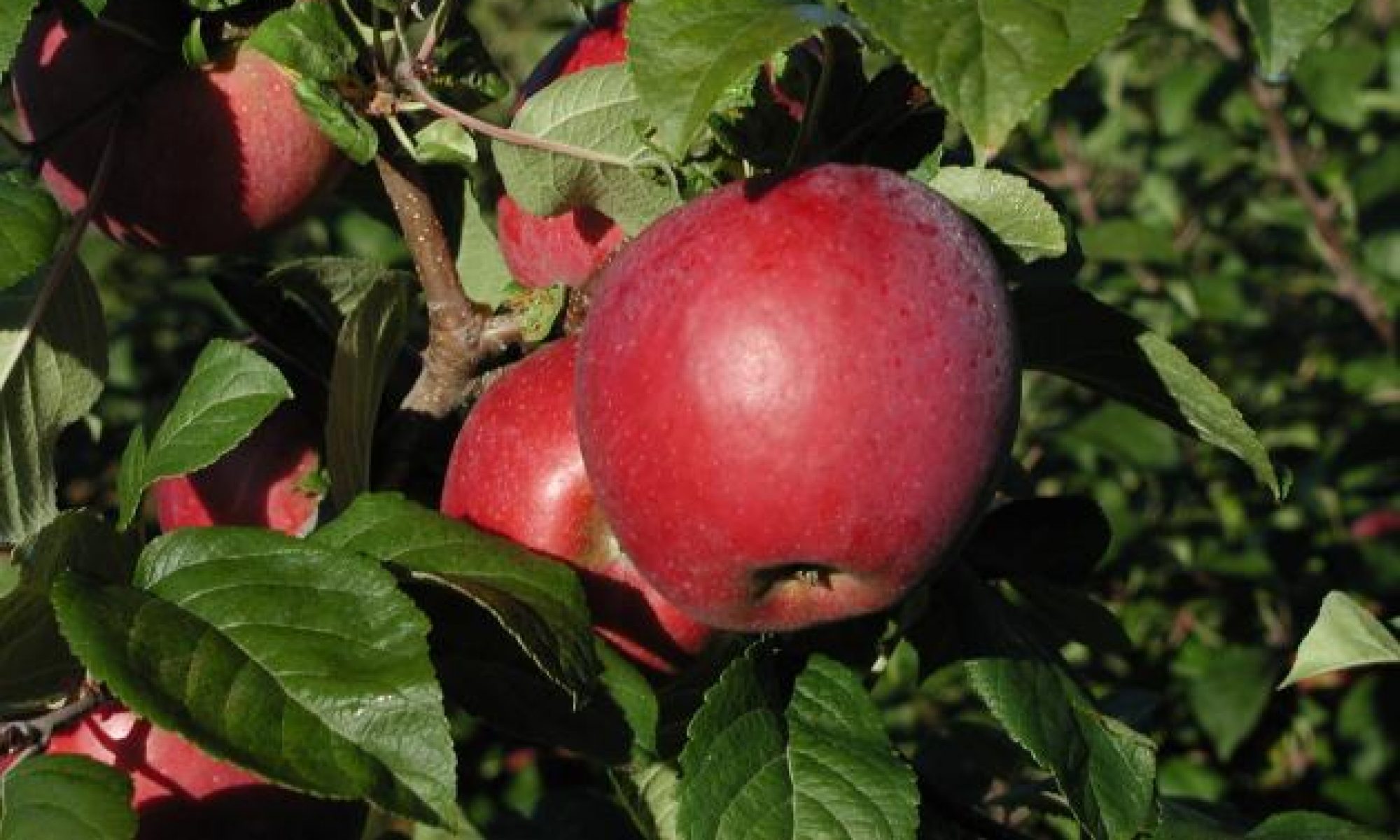Some cultivars of apple are under patent. If the patent is still applicable, then you must contact the nursery (or whoever holds the patent) and pay the royalty for each tree you propagate. Failure to do so could lead to criminal penalties, a monetary judgment (and/or fine), and destruction of the trees you propagated. Apple cultivars that are part of an exclusive club or licensing agreement are also illegal to propagate, and there usually is no avenue for a “non-club member” to propagate, grow, and market these cultivars. Apple cultivars whose patents have expired can be propagated; however, be sure that the “strain” of the cultivar you wish to graft is not patent-protected. The safest way to proceed if you wish to graft your own trees is to thoroughly check with nurseries to ensure that you can legally propagate a cultivar. If the cultivar you wish to propagate is legal for you to graft, there are also some horticultural considerations. Obtain virus-free propagation wood, and graft to virus-free rootstocks to ensure high-quality trees and fruit.
Answer provided by Dr. Robert Crassweller, Pennsylvania State University.
